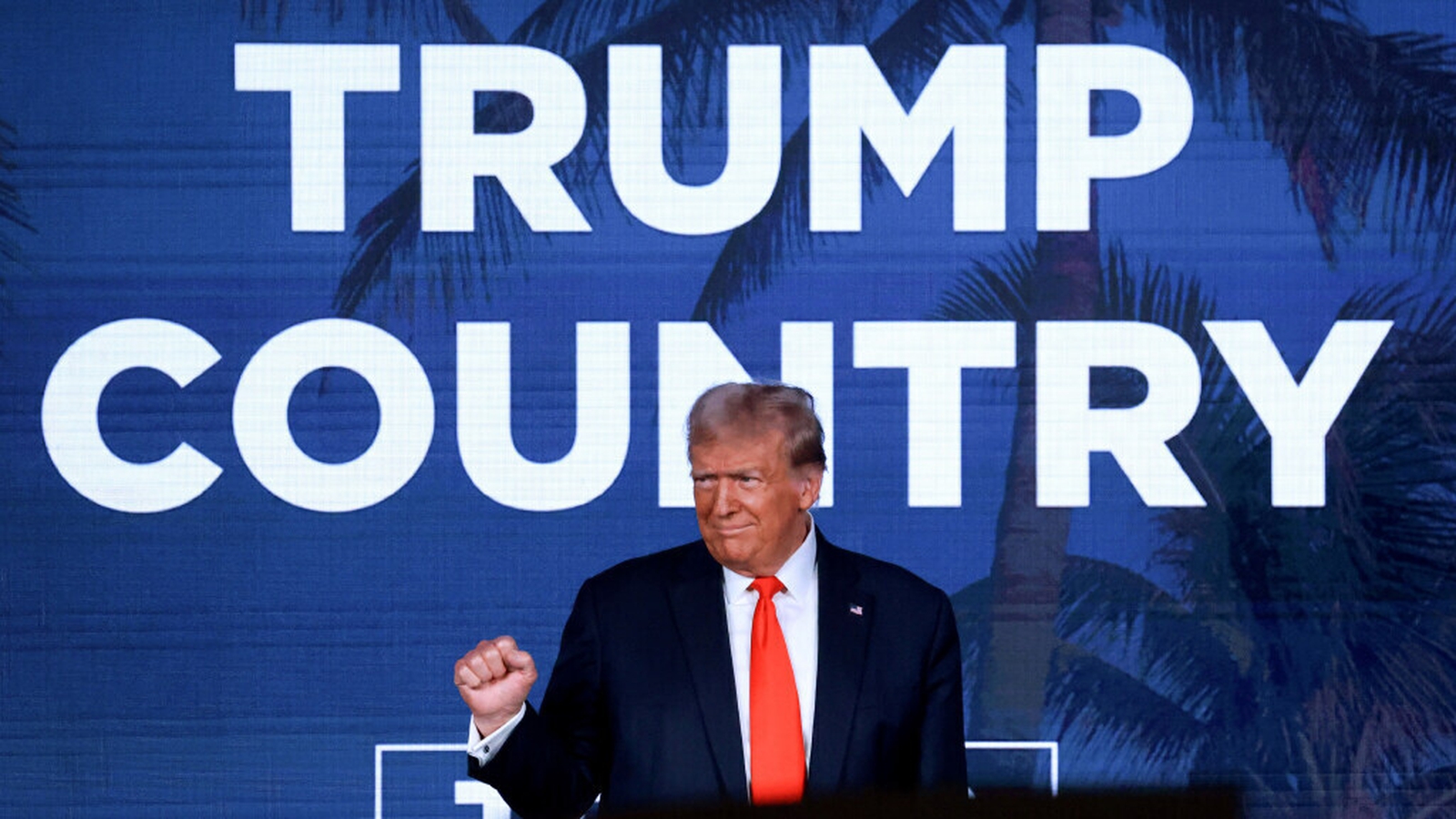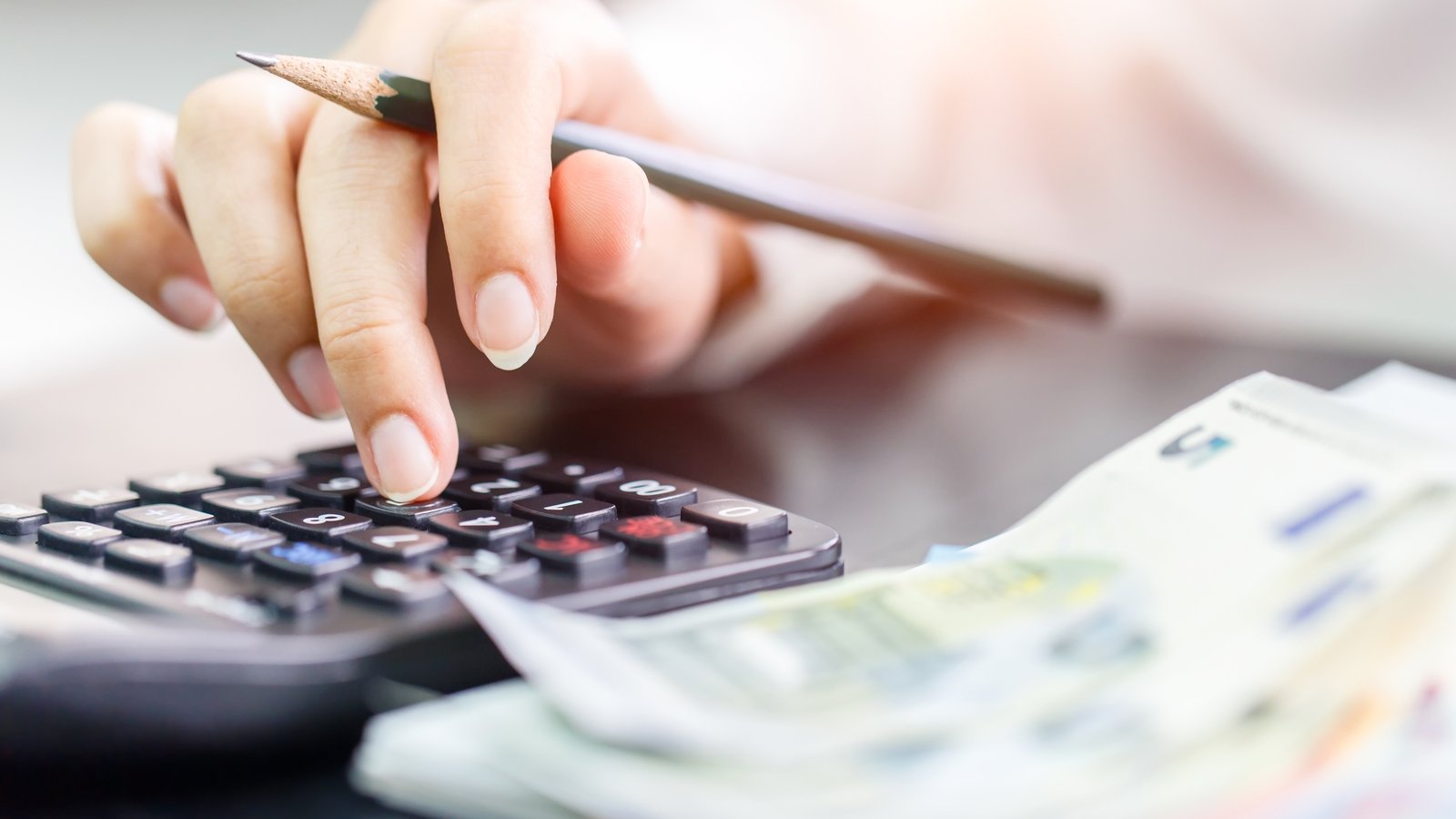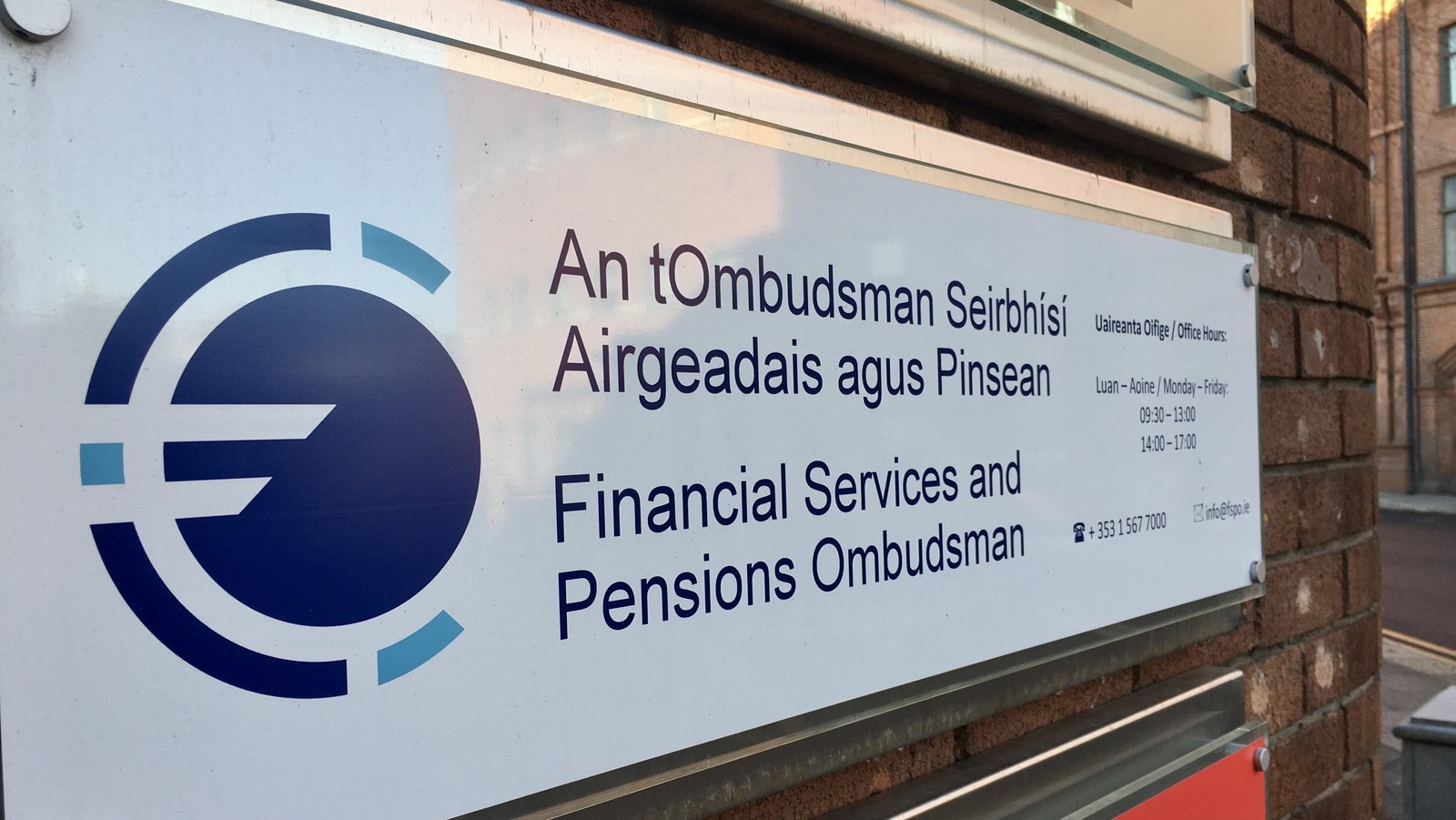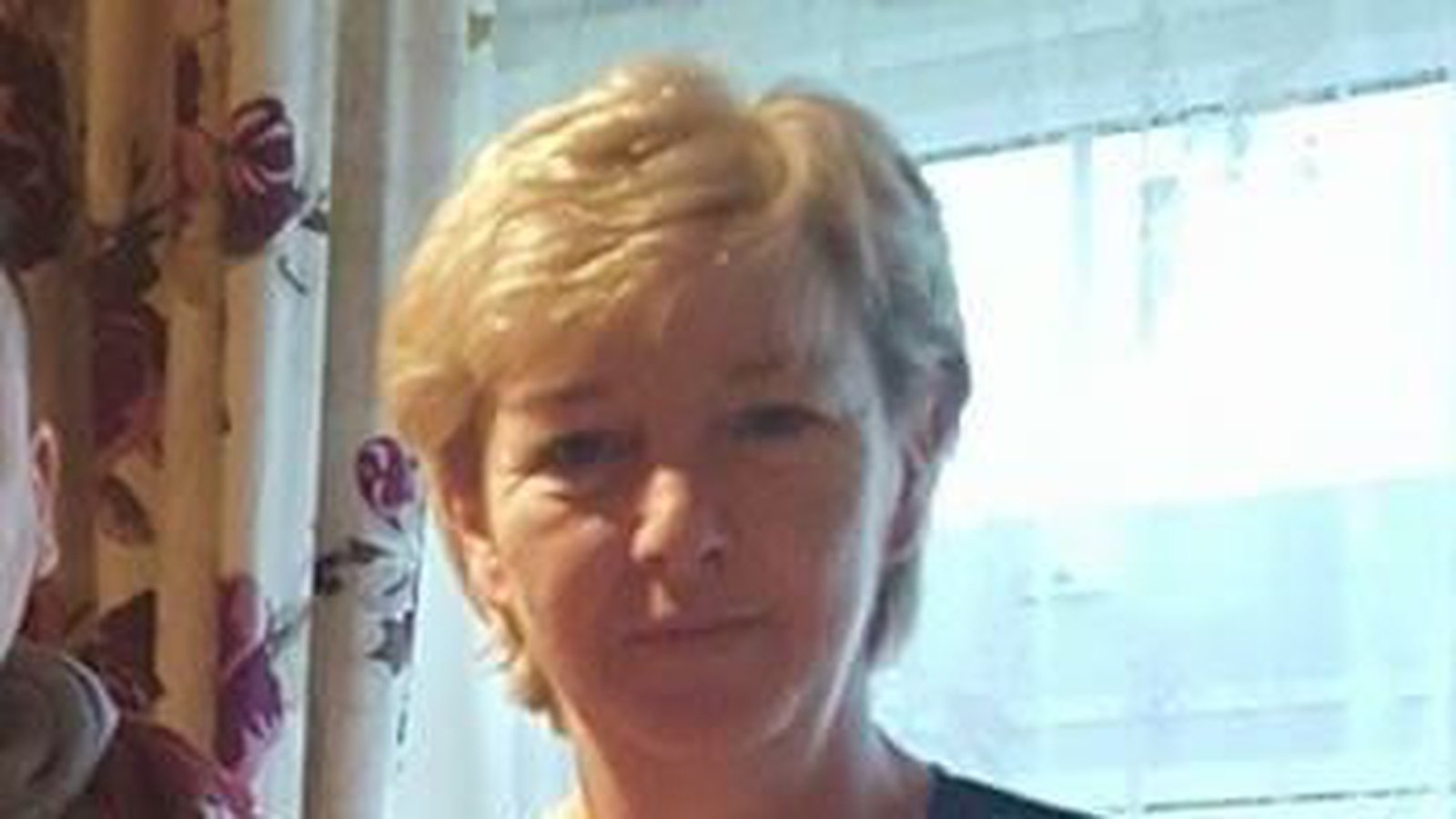EU leaders back new Iran sanctions after attack on Israel
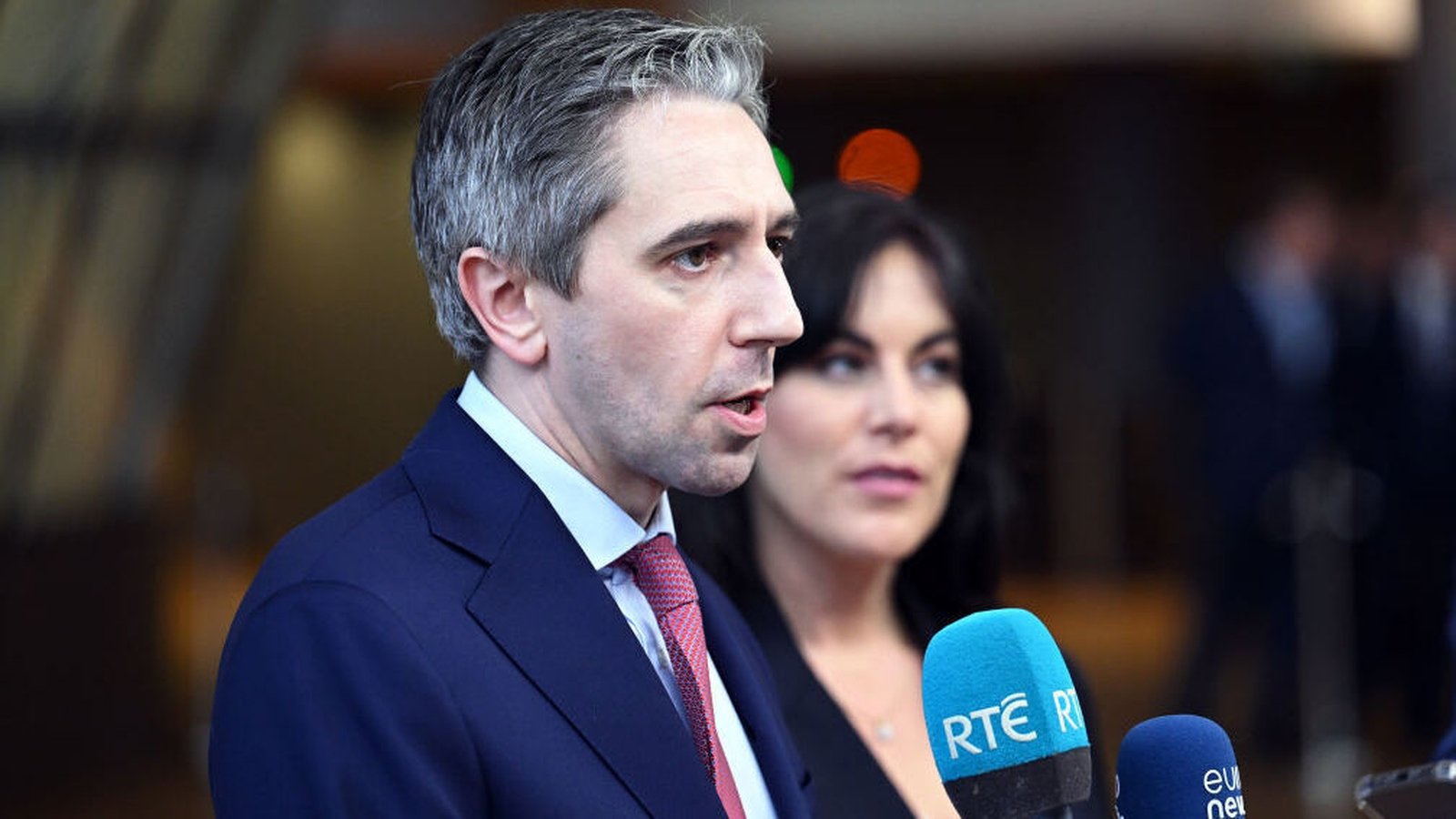
The European Union is to deepen sanctions on Iran following its drone and missile attack against Israel at the weekend.
In a statement issued after talks in Brussels, EU leaders condemned the attack and said they were committed to Israel’s security, but called on all sides to show the utmost restraint.
Taoiseach Simon Harris, attending his first summit, said he supported the move, simultaneously calling for unhindered access for humanitarian aid throughout Gaza.
With leaders also expressing deep concerns about the impact of the weekend attack on Lebanon, where Iran supports a huge Hezbollah presence, Mr Harris paid tribute to Irish and other European peacekeepers serving with UNIFIL (United Nations Interim Force In Lebanon).
“We feel it’s very important to do everything to isolate Iran,” President of the European Council Charles Michel, adding the new sanctions against the country would target companies involved in the production of drones and missiles.
German Chancellor Olaf Scholz said it was important that Israel “does not respond with a massive attack of its own”.
Italy spoke separately ahead of G7 talks in favour of sanctions against arms suppliers linked to the attack against Israel, as well as those behind attacks on ships in the Red Sea.
EU foreign ministers are due to continue the sanctions work on Monday.
The European Union already has multiple programmes that target Iran for human rights abuses, the proliferation of weapons of mass destruction, and Tehran’s support for Russia’s war in Ukraine.
Germany, France and several EU states are looking at expanding a scheme that seeks to curb the supply of Iranian drones to Russia to include the provision of missiles and cover deliveries to Iranian proxies in the Middle East.
Belgium backed introducing sanctions against Iran’s Revolutionary Guard Corps but Mr Scholz said that required further legal checks.
The bloc’s top diplomat said that could only happen if a national authority in the EU found that the group had been involved in terrorist activity.
Analysts say Iran is unlikely to face more severe economic punishment because of worries about boosting oil prices and angering top buyer China.
With the Middle East capturing much of the EU’s attention, Ukraine’s President Volodymyr Zelensky appealed for more help in holding the line against Russia’s invasion.
“Here in Ukraine, in our part of Europe, unfortunately, we do not have the level of defence that we all saw in the Middle East a few days ago,” Mr Zelensky told the summit, after Israel and allies mostly shot down the incoming drones and missiles.
“It reflects our current key need – the need for air defence,” he said, according to an EU official, repeating his calls for speedier deliveries of the weapons and ammunition previously promised to Ukraine.
Leaders to hear shake-up needed to match global rivals
Today, on the second day of their summit, the leaders will focus on deepening the European Single Market in order to meet the challenges raised in recent years by the Covid-19 pandemic, the energy crisis and the war in Ukraine.
They will hear details of a report by former Italian prime minister Enrico Letta on the health of the single market, normally touted as one of the EU’s signature achievements.
Mr Letta is expected to say that the single market is underperforming relative to the United States and China and that to catch up Europe must deepen integration in services, energy, research and development and financial markets.
Diplomats say the big crises in recent years have exposed shortcomings in the effectiveness of the single market.
Mr Letta, who was tasked with assessing the shortfalls of the single market, warned leaders that they cannot consign the 147-page report to a drawer and hope for the best.
“This is a last opportunity and last window that is open,” he told a news conference.
The report says the rise of geopolitical tensions and protectionism threaten EU economic security and undermine its push into technologies from artificial intelligence to clean technology.
The EU faces new challenges from US subsidies drawing in investment and China’s domination of new technology supply chains, on which it is dependent, it adds.
The leaders will set out a nine-point plan, including deepening the single market and creating capital markets and energy unions, according to draft conclusions.
The big question is whether the bloc’s actions will match its words.
Plans for a capital markets union, which could open up the private money required for the twin transition, date back a decade, but have stalled because EU members do not want to relinquish their control of national financial rules.
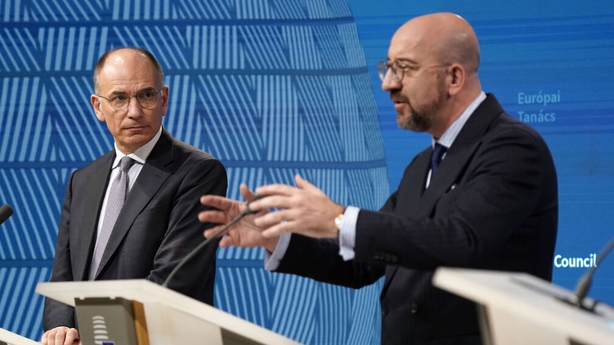
Belgian Prime Minister Alexander De Croo, whose country holds the six-month EU presidency, said the report highlighted the right elements.
“Now comes the next step and the next step is to put it into practice,” he told reporters.
Mr Letta said the greatest impact could come from steering the €33 trillion of private savings from current accounts to the real economy.
The European Commission has said additional investments of €620 billion per year are needed for the green and digital transitions.
Lobby group BusinessEurope said it agreed with the report’s key message that the single market needed a reboot and Mr Letta’s call for simpler EU rules.
Former European Central Bank chief Mario Draghi, who will deliver a separate report on EU competitiveness later this year, said in a speech earlier this week that the EU needed consolidation and collaboration to create the scale to compete.
He also called for investment in common goods such as energy networks and a comprehensive strategy on securing essential resources.
Highlighting the challenge, non-ferrous metals association Eurometaux said the bloc would need to open at least ten new mines, 15 processing plants and 15 recycling plants by 2030 to meet its critical mineral goals.
Additional reporting Reuters, AFP


